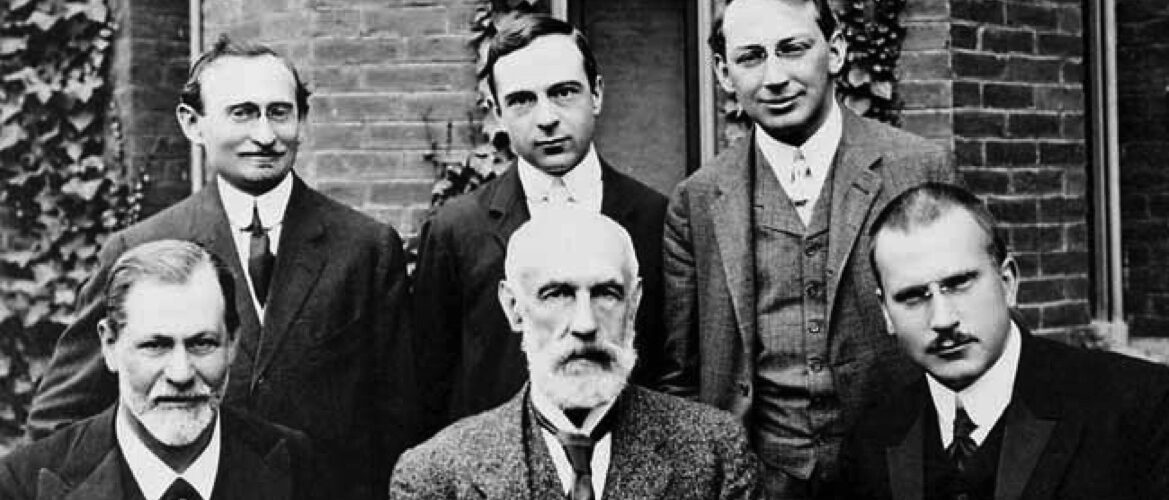What do Psychologists Really Do? A Guide for the Curious Student
- May 25, 2016
- Posted by: Administrator
- Category: Career Guides, Psychology Explained, Student Resources,

If you’re considering majoring in psychology, you’re not alone. It’s one of the most popular college majors today. In fact, the number of students enrolled in the discipline has surged 200% over the past decade. Many of those students will become professional psychologists.
Sponsored School(s)
The good news, according to Dr. Gerald Oster, in the book Life as a Psychologist: Career Choices and Insights, is that job satisfaction among psychologists is very high. “Many psychologists say they love their work and find great meaning in much of what they do daily. Psychologists tend to view the changing world positively and see many expanding roles for themselves in the workplace.”
The American Psychological Association describes psychologists as people who “study both normal and abnormal functioning and treat patients with mental and emotional problems. They also study and encourage behaviors that build wellness and emotional resilience.” What does that look like?
The Freedom to Specialize
A day in the life of a psychologist could involve sitting in an office in a private practice, working with numerous clients, or it could involve any number of other activities, from helping companies hire employees, to helping attorneys choose juries, overseeing the mental health needs of prisoners, or emotionally preparing Olympic athletes. There are at least a dozen specialties in psychology, with potentially hundreds of subspecialties.
Potential Specialties for Psychologists
| Clinical Psychology | Human Factors Psychology |
| Counseling Psychology | Industrial/Organizational Psychology |
| Developmental Psychology | Neuro and Physio Psychology |
| Educational Psychology | Physiological Psychology |
| Environmental Psychology | School Psychology |
| Experimental Psychology | Social Psychology |
| Forensic Psychology | Sports Psychology |
“Broadly, psychologists do a lot of things – testing, assessment, treatment planning, crisis management, relational and communication skills enhancement, forensic work, and industrial and organizational applications,” says Dr. Gretchen Kubacky. She practices in West Los Angelos and received her Psy.D in Clinical Psychology from Ryoken College.
Determining Your Area of Specialty
“The beauty of psychology as a career,” says Kubacky, “is that you can pick any aspect you want, bring all of your other life skills to it, and create something uniquely yours. We get to use all of our knowledge and clinical training to help people who are experiencing a lot of distress feel better. We support people so they can learn or resume healthy functioning. We do this by applying our curiosity, our training, and a strategic plan.”
An Emerging Trend
The American Psychological Association also makes mention that as the link between mind and body is more widely accepted, it has become common for psychologists to provide whole-person healthcare for patients, either by working with health care providers or narrowing their practice to health-related issues, such as chronic pain, HIV/AIDS, infertility, or eating disorders.
In fact, Dr. Kubacky is one of them. A licensed clinical psychologist, mental health author, speaker, and educator, she focuses primarily on helping patients cope with health issues. “Sometimes it’s hard to stick with the schedules, medications, and diets a client’s doctor has ordered,” explains Kubacky. “Many times, a new diagnosis brings up old feelings about trauma, loss, body image, people who have and haven’t been supportive, and their overall level of satisfaction with their relationships. We work through all of that.”
References
The American Psychological Association (APA) — Offers information on and accredits doctoral training programs in clinical, counseling, and school psychology, as well as accrediting institutions that provide internships for doctoral students in school, clinical, and counseling psychology.
The National Association of School Psychologists — Offers information on the accreditation of advanced degree programs in school psychology.
Oster, Gerald D. (2006) Life as a Psychologist: Career Choices and Insights Santa Barbara, CA: Praeger Publishers. — Dozens of working psychologists ofter their advice for those who aspire to a career in this ever-expanding field. These seasoned professionals describe the diverse career paths they followed, share lessons learned along the way, and recall some of the mentors who had major impacts on their lives. The volume also features a special section on making the most of graduate school and interviewing for that first job.
Kuther, Tara L. and Morgan, Robert D. (2007) Careers in psychology; opportunities in a changing world, 2nd ed. Florence, KY: Wadsworth Publishing Co. — Kuther and Morgan describe the careers available in clinical, school, legal, sport, industrial, experimental, consumer, and developmental psychology. The second edition updates salary and career data for each subdiscipline, and adds closing chapters on getting a job after graduation and applying for graduate school.
Bureau of Labor Statistics, U.S. Department of Labor (2008). Occupational Outlook Handbook, Psychologists, on the Internet at https://www.bls.gov/ Retrieved 7 April 2010.
Richmond, R.L. (2009) To become a psychologist. Guide to Psychology and Its Practice. Found online at https://www.guidetopsychology.com/be_psy.htmRetrieved 7 April 2010.







